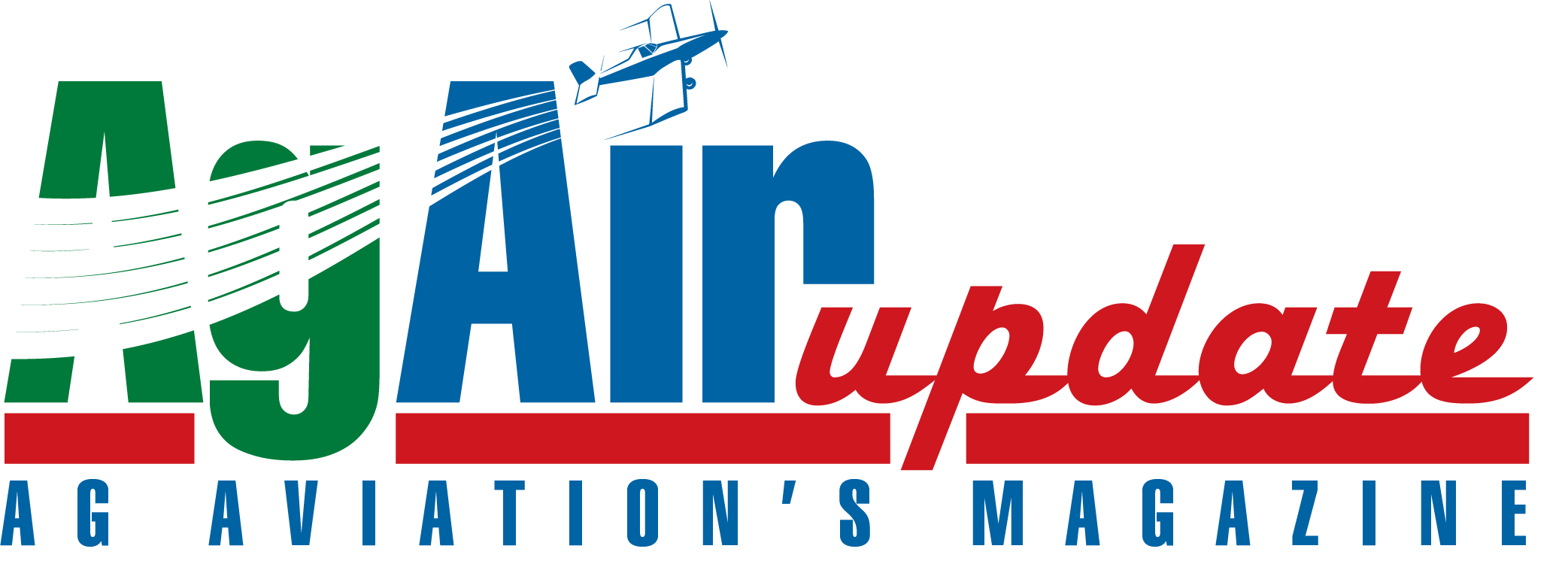DIMMITT, TX — At the 2001 Texas Agricultural Aviation Association three ag pilot/operators received the District Four Award. This award typically goes to an individual who has done something “spectacular” within the industry, according to Patti Payne, who served on the awards committee. The significance of this award goes a lot further than its intentions, in that these three ag pilots have a uniqueness about them that in the past in this industry has been hard to find, but becoming more common in recent years.
When it comes to three ag operators based at the same public airport, working their aircraft long hard hours, but yet willing to help the other without a single thought otherwise; Max Ellison/Pro-Ag, Dudley Wooten/B&W Aerial Spray and Todd Hatla/Tidwell Spraying Service set a prime example. It wasn’t that many years ago, when the norm was competitors doing whatever possible to make life miserable for each other. Although, unfortunately, that may still be true in parts of the world, to the credit of the industry, times are changing with more and more ag operators posting a “truce”, helping their competitive neighbors. However, with the “three amigos” of Dimmitt, Texas, this camaraderie has always been the norm.
Max Ellison has been in business the longest in Dimmitt, Texas forming his company twenty-four years ago. Now he flies a single AT-402A powered by a PT6A-11AG. In 1982 Dud Wooten formed his company, now operating a single AT-502B powered by a PT6A-34AG. Then along came Todd 15 years ago, now operating a single 400-gallon Ayres Turbo Thrush powered by a PT6A-15AG. But these guys don’t need a fleet of ag aircraft. They are their own fleet! Each company is owned and operated separately. Each has its own customers and way of conducting business. However, each aircraft is pretty well matched with the way the spray systems are set up and the universal use of Del Norte GPS.
“Heck, Dud here has a key to my hangar. He can get whatever he needs,” laughingly points out Max.
“Dud, don’t buy any new tires”, Todd tells him. “I just got three sets in the other day.”
“Yea, but yours are recaps. And I bought three sets as well, but mine are new!”, Dud tells Todd. And Max is standing there, “I’ll just borrow yours Dud if I need a tire. I’d rather have a new one!” (Author’s comment: What I can’t understand is why between the three of them and six sets of 29/1100-10 tires no one thought to buy tubes! Dud had a pinched tube while I was there. Jason, Dud’s son, and I flew the Super Cub to Muleshoe to borrow a tube from neighbor Fred Locker!)
All kidding aside, these three guys work together like no other two or three or any number of ag operators I’ve seen. One finishes the day’s flying a little early, if needed begins jumping the wing of the one who hasn’t finished, washing the wind screen or fueling the aircraft. If one needs to be at a child’s ball game, either one of the other two will fly his work.
At the end of the season, there’s a “settling up party”, where they buy a few beers and sit down with notes on scrap pieces of paper, or receipts or just plain memory, and begin the settling up process. Maybe it doesn’t work out just perfectly even, but over the years, one can’t tell the difference.
Most of the work on the high plains of Dimmitt, Texas (3,883 MSL) is cotton spraying. More specifically, boll weevil eradication flying, 80,000 acres worth. This is the third year for the program and even with the three Dimmitt companies bidding contracts together, they need to call in other operators to help them. Outside of the boll weevil work, there is the regular cotton spraying, milo, wheat, soybeans, peanuts and what is left of the small amount of corn planted. More growers are leaving corn and planting cotton.

The season gets started in June pretty much full bore. Although, wheat work will start earlier in the year. Once the first frost arrives in late October, another season comes to an end. The summers are hot, high density altitude flying with humidities often as low as 20%. This means the majority of the flying must be done in the morning, before conditions dictate stopping. Summer insecticide applications are made at one quart to three pints total volume in cotton seed oil as a carrier.
Flying in northwest Texas “ain’t” so bad. The density altitude may make that aircraft dog in the turns. But, the farmers are good pay for the most part. However, now there is a little complaining amongst the three Dimmitt ag pilots, the farmers are cutting up the fields, reducing the spray runs from when in the old days’ mile-long section runs to flying long and short runs created by center pivot irrigation systems. (Yea, right! And, at a quart to the acre!)
You’d think with such good runs (except for the short side of the pivot), nothing for miles to run in to, that this would be the best flying on the planet; except for irrigation stand pipes. They are out there, in those huge irrigated cotton fields, just ask Max. Last year, obviously thinking about something else, Max’s AT-402A smacked a stand pipe almost dead center of the leading edge of the right wing, at a 140 mph. The impact drove the stand pipe to the spar before breaking off, inducing a tremendous amount of yaw for the aircraft. Max pulled up, added power, but knew he couldn’t keep the Air Tractor going.

Now, who do you think he called? That’s right, his competitors. What could have been his last words on his way into an emergency landing in a cotton field, he’s talking over the radio to his competitors. That’s right, they share the same radio frequency. No secrets between these guys.
To make a long story short, Max landed safely, but the aircraft was going to be grounded for some time and the season was hot and heavy. Larry Neal, northwest Texas Air Tractor dealer, came to the rescue with a brand new AT-402A that was scheduled for South American delivery. Instead, Max bought it and was working it the next day.
In closing, it is interesting to note, anybody in business could learn from the examples set by these three friends/competitors. Only thing is, it won’t be three for much longer. Actually, it is four beginning with this season. Jason Wooten, Dud’s 22-year old son, starts flying with B&W Aerial Spray in a 1976 Ag Cat. Dud has been teaching his son how to spray in their Super Cub. Having just passed his commercial checkride the weekend before my visit, Jason and I went for a ride in the Super Cub. He’ll do just fine, and he has the same attitude as his dad and “Uncles Todd and Max”!






